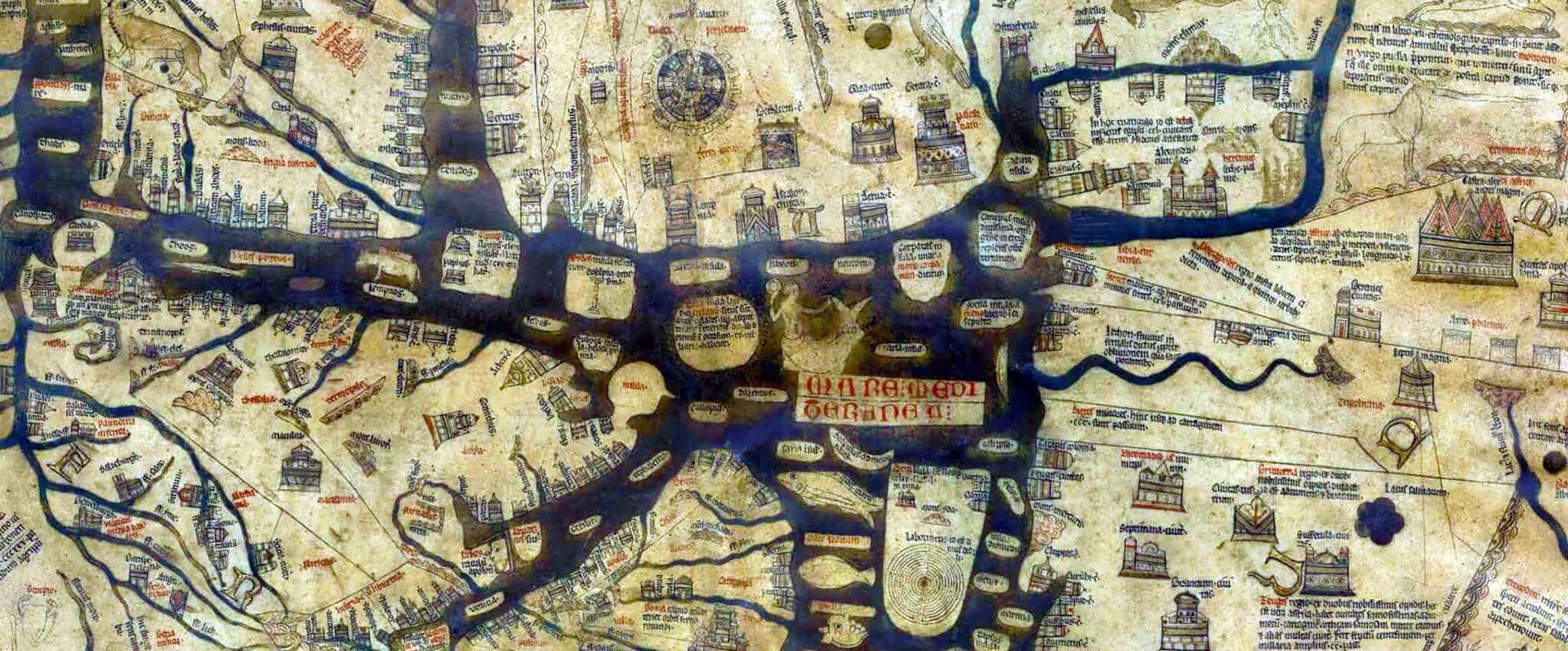Reference Sources
Reference sources are a great way to start your research.
In this guide you will find handbooks that give you an overview over the subject of your interest alongside biographies that give you further details of the individuals involved.
Also included are dictionaries that allow you to understand how the meaning of words have changed over time. This is especially useful when establishing what words might be used in primary sources.
- Cambridge Histories Online: over 300 cross-searchable authoritative volumes on a wide range of historical topic areas
- Oxford Handbooks Online: History: thorough introduction to history topics, delivered via specially commissioned essays with extensive referencing to further reading
- Oxford Reference Online: large collection of online reference works which can be searched singly or as a group. It includes subject and language dictionaries, thesauri, Who’s Who and biographical dictionaries.
- Dictionary of National Biography: the online version of the major British biographical dictionary
- Oxford English Dictionary (OED): the online version of the multi volume dictionary which includes the first appearance of words and how their meaning has changed throughout history.
- Dictionary of Old English Web Corpus: online database consisting of at least one copy of every surviving Old English text, covering over 3 million words of Old English and ca 1 million words of Latin.
- Dictionary of Medieval Latin from British Sources (DMLBS) (via Logeion): a comprehensive, research-based dictionary focussed on British Medieval Latin. Logeion cross-searches several Latin and Greek dictionaries including the DMLBS
The information gathered through the reference sources can then be used to find additional material in books, journal articles and primary sources by breaking down your topic to identify keywords to use in your search. You can find more guidance on developing a search strategy and defining your keywords on the DP23000: Library Research Skills Moodle module.
